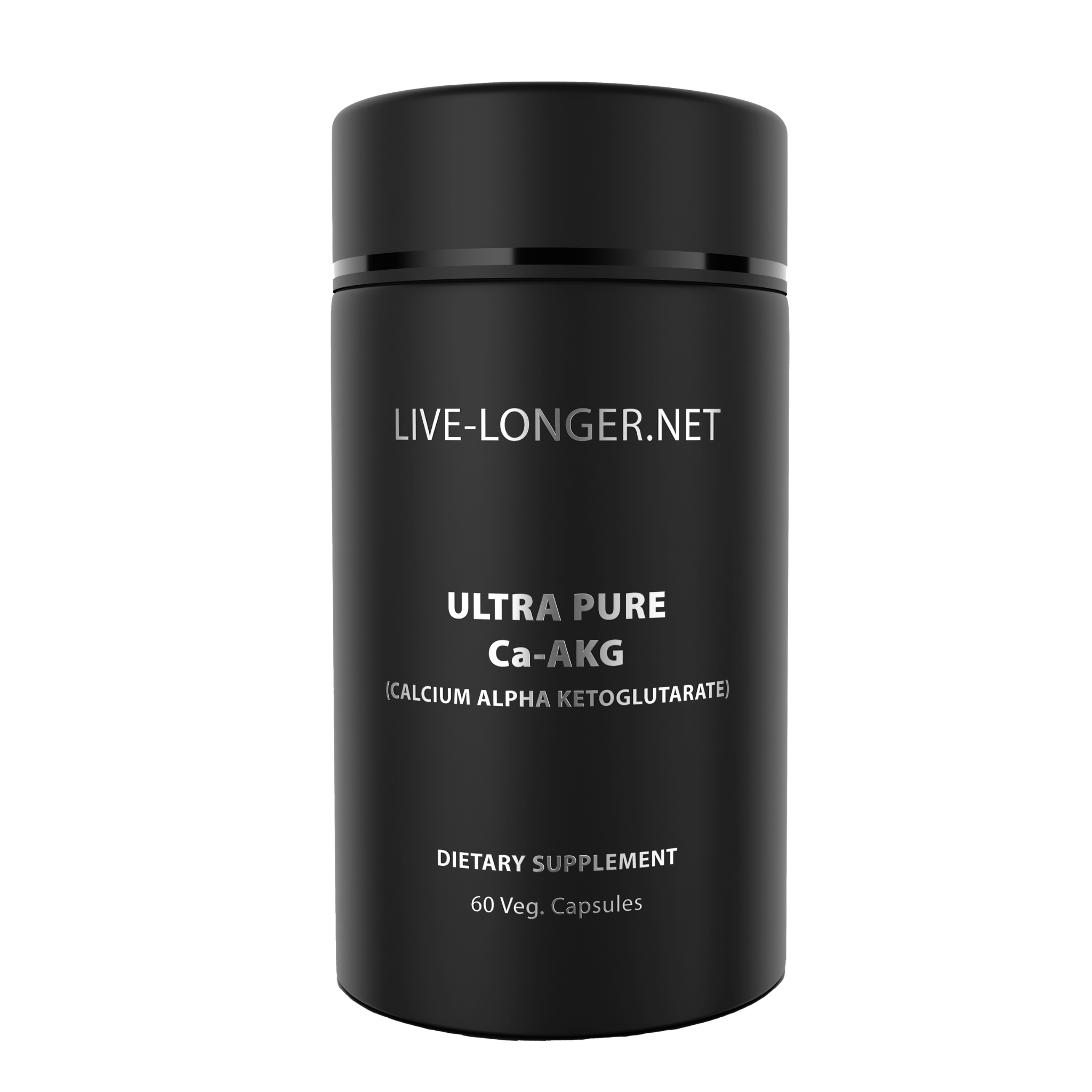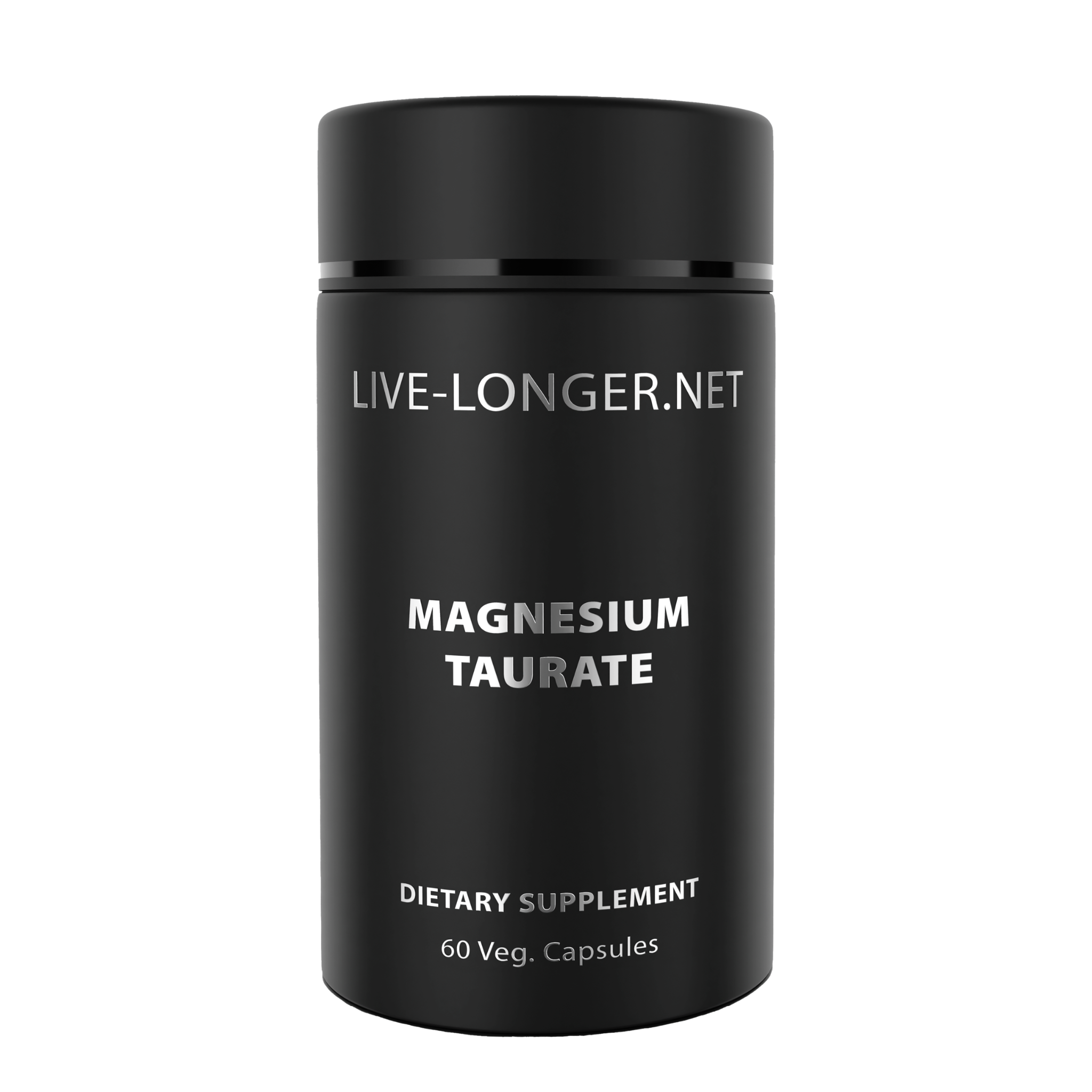Did you know that vitamin D deficiency has become a global health concern now?
Recent data from 2023 says nearly 20% of middle-aged and older adults in America have vitamin D deficiency [1]. Another data from 2012 says around 1 billion people worldwide are vitamin D deficient, which is a vast number looking at the developed era we live in [2].
If you're much into getting stronger bones, or boosting your immune system, you might have already decided to start taking vitamin D.
Vitamin D comes in two main types: D2 and D3. D2 is usually synthetic and added to certain foods, while D3 comes from animal foods and is made by our skin when we sit under sunlight.
Now, we're here for the comparison: Vitamin D2 vs D3. Which vitamin D is better? Is it vitamin D2 or vitamin D3? And how can you improve your vitamin D intake?
Let's find out!
Vitamin D Deficiency: How Does it Affect You?
You might already know that we need both calcium and vitamin D for stronger bones. An interesting fact about vitamin D is that it increases the absorption of calcium in the gut [3].
If you do not have enough vitamin D in your body, you'll automatically lack calcium, which may lead to reduced bone density. This can cause problems like osteoporosis, where your bones are more likely to break. In kids, it can cause a rare disease called rickets, which makes bones soft and bendy. On the other hand, in adults, it can lead to osteomalacia, making bones weak and painful, as well as muscles weak.
Children with vitamin D deficiency may also present with hypocalcemic seizures, bowing legs, and abnormal dentition. On the other hand, adults may have difficulty rising from a seated position and a frequent history of falls and fractures [4].
Apart from bones, vitamin D also plays a role in muscle movement and the nervous system and keeps our immune system strong.
Unfortunately, vitamin D is not present in many foods we eat. The primary source of vitamin D for us is the sunlight.
Nowadays, people avoid sitting in the sun and rely mostly on foods to get the optimum amount of vitamin D. That's why vitamin D deficiency is increasing despite spreading awareness at international levels.
Don't worry, if there's a problem, there must be a solution! Right now, the solution to this problem is taking vitamin D supplements.
Who is at Risk of Developing Vitamin D Deficiency?
Some people are more likely to lack enough vitamin D than others:
- People above age 65.
- People who are overweight are also more likely to have low levels of vitamin D in their blood.
- People who have darker skin.
- If you're lactose intolerant and can't digest dairy well, or if you're vegan and don't eat animal products, you might not get enough vitamin D either.
- If you have bowel issues like ulcerative colitis or Crohn's disease, where your body has difficulty digesting fat properly, you might not get enough vitamin D.
- People with limited sun exposure.
Vitamin D2 vs D3: Let's Compare
People often mix up D2 and D3 because they've heard about various B vitamins, such as B9 and B12. These B vitamins are actually different nutrients.
For instance, B9 is folate, which is essential for pregnant women to prevent congenital disabilities, while B12 is cobalamin, which keeps blood and nerve cells healthy and helps make DNA.
Now, Vitamin D2 and D3 are not like different B vitamins. They're basically the same, with only a tiny chemical difference in their structure. Both D2 and D3 are vitamin D and can raise your blood levels of vitamin D, but they're not identical.
There are, originally, five types of vitamin D, but the main ones are called vitamin D2 and D3. They're also known as ergocalciferol and cholecalciferol respectively.
- Vitamin D2 mostly comes from plants, like mushrooms and yeast.
- On the other hand, we get vitamin D3 from animals, like oily fish, liver, and eggs.
You can also take both types of vitamin D as supplements.
Previously, people did not know the difference between vitamin D2 and D3 and their effects on the body. However, now we know that both these forms have different effects on the body.
Vitamin D2 vs D3: Internal Processing
Actually, vitamin D is not exactly a vitamin; it's more like a pro-hormone. This means the body turns it into an active hormone before it is absorbed in the body.
All hormones have unique places they attach to (like keyholes) on cells, such as bone cells, muscle cells, and white blood cells. Both vitamin D2 and D3 can attach to these places equally well, so one isn't better than the other.
Both vitamin D2 and D3 undergo some processing before being used by the body. First, the liver changes them into a form called calcidiol, which is how vitamin D is stored. Then, the kidneys change calcidiol into calcitriol, which is the active form of the hormone.
So, all the essential functions of vitamin D, like helping bones grow, processing calcium, and supporting our immune system, are done by this calcitriol.
Vitamin D2 vs D3: Effect on Immunity
In 2015, a research called D2-D3 study looked at the effects of different forms of vitamin D in other groups of people.
The researchers studied 335 women from South Asian or European backgrounds. These women were split into three groups and given either vitamin D2, vitamin D3, or a fake pill (placebo) for 12 weeks.
After that, they checked the participants' genes before and after the 12 weeks. The study found that vitamin D3 raised vitamin D levels by 59% for white women and 166% for South Asian women. But for those who took vitamin D2, their levels dropped.
The study also found that both types of vitamin D changed the activity of some genes, but differently. Vitamin D3 affected more genes in both groups.
Interestingly, the effects of vitamin D varied depending on ethnicity. For white women, vitamin D3 boosted immune response genes. However, for South Asian women, it affected iron metabolism instead. Overall, vitamin D2 lowers immune response genes for both groups.
So, it was concluded that when it comes to vitamin D2 vs D3's role in immunity, taking vitamin D3 supplements is better [5].
Generally, studies showed that D3 is better at boosting vitamin D levels in our bodies. Only a few studies said D2 was better than D3, especially for people on steroid therapy [6].
Vitamin D3 is Important For Nervous System
Did you know that vitamin D deficiency can affect your brain as well?
Research has proven that vitamin D deficiency can lead to various neurological diseases and neuropsychological disorders, cognitive impairment and neurodegenerative diseases.
Researchers have called vitamin D "neurosteroid," which means a substance that helps the brain work properly [7]. When you don't have enough of it, you might be more likely to get diseases like multiple sclerosis, Alzheimer's, and Parkinson's and have trouble thinking clearly [7].
A meta-analysis from 2023 discovered that people with depression had lower levels of vitamin D, which led to the conclusion that not having enough vitamin D could make you feel depressed [8]
Vitamin D3 Reduces the Risk of Diabetes
A 2022 analysis has discovered the effect of vitamin D on diabetes prevention. The researchers focused on trials testing oral vitamin D versus placebo in adults with prediabetes.
The study concluded that vitamin D reduces diabetes risk by 15%, with a 3.3% absolute risk reduction over three years. It also increases the chance of returning to normal glucose levels by 30%. The study also found that those with higher vitamin D3 (cholecalciferol) levels saw a 76% risk reduction in diabetes risk [9].
Vitamin D2 vs D3: Which One Should You Take?
Whenever we compare vitamin D2 vs D3, a ubiquitous question asked is: "Which vitamin D supplement should I take?"
Well, truly speaking, both vitamin D2 and D3 help your body absorb calcium, make strong bones, boost immunity and improve muscles and nervous systems.
Both vitamin D3 and D2 are good for you, and both help increase the amount of vitamin D in your blood, although there isn't a big difference between them.
However, when it comes to absorption, vitamin D3 is easier for your body to absorb and use. Studies show that when people took both types, D3 led to higher levels of vitamin D in the blood and maintained those levels longer compared to D2. So, many people prefer D3 for its better absorption and effectiveness [10].
So, taking vitamin D3 supplements is a better option.
Most importantly, vitamin D2 supplements are derived from plants. So, if you're vegan or don't eat animal products for some reason, vitamin D2 is a better choice for you.
Some plant-based food items have D2 added to them. Most fortified foods will say which vitamin D they use. If you don't see it on the label, ask the manufacturer anytime.
Vitamin D2 vs D3: Takeaway Message
By now, you must have been able to answer the question of what's better between vitamin D2 vs D3.
Vitamin D3 is better at raising vitamin D levels in your blood. However, D2 works fine too. The important thing is to take it with some food that has fat because vitamin D absorbs better that way.
When choosing a supplement, make sure to pick a reputable brand since dietary supplements aren't FDA-approved before hitting the market. Look for labels with NSF or USP logos, indicating third-party testing for purity, potency, and safety.
References
- Wang, T. Y., Wang, H. W., & Jiang, M. Y. (2023). Prevalence of vitamin D deficiency and associated risk of all-cause and cause-specific mortality among middle-aged and older adults in the United States. Frontiers in nutrition, 10, 1163737.
- Nair, R., & Maseeh, A. (2012). Vitamin D: The "sunshine" vitamin. Journal of pharmacology & pharmacotherapeutics, 3(2), 118–126.
- Khazai, N., Judd, S. E., & Tangpricha, V. (2008). Calcium and vitamin D: skeletal and extraskeletal health. Current rheumatology reports, 10(2), 110–117.
- Uday, S., & Högler, W. (2020). Nutritional rickets & osteomalacia: A practical approach to management. The Indian journal of medical research, 152(4), 356–367.
- 1. Tripkovic L, Wilson L, Hart K, Elliott R, Smith CP, Bucca G, et al. The D2-D3 study: A randomized, double-blind, placebo-controlled food-fortification trial in women, comparing the efficacy of 15ug/d vitamin D2 vs vitamin D3 in raising serum 25OHD levels. Proceedings of the Nutrition Society. 2015;74(OCE1).
- Ortego-Jurado, M., Callejas-Rubio, J. L., Ríos-Fernández, R., González-Moreno, J., González Ramírez, A. R., González-Gay, M. A., & Ortego-Centeno, N. (2015). Oral Calcidiol Is More Effective Than Cholecalciferol Supplementation to Reach Adequate 25(OH)D Levels in Patients with Autoimmune Diseases Chronically Treated with Low Doses of Glucocorticoids: A "Real-Life" Study. Journal of Osteoporosis, 2015, 729451.
- Groves, N. J., McGrath, J. J., & Burne, T. H. (2014). Vitamin D is a neurosteroid that affects the developing and adult brain. Annual review of nutrition, 34, 117–141.
- Anglin, R. E., Samaan, Z., Walter, S. D., & McDonald, S. D. (2013). Vitamin D deficiency and depression in adults: systematic review and meta-analysis. The British journal of psychiatry: the journal of mental science, 202, 100–107.
- Pittas, A. G., Kawahara, T., Jorde, R., Dawson-Hughes, B., Vickery, E. M., Angellotti, E., Nelson, J., Trikalinos, T. A., & Balk, E. M. (2023). Vitamin D and Risk for Type 2 Diabetes in People With Prediabetes: A Systematic Review and Meta-analysis of Individual Participant Data From 3 Randomized Clinical Trials. Annals of Internal Medicine, 176(3), 355–363.
- Tripkovic, L., Lambert, H., Hart, K., Smith, C. P., Bucca, G., Penson, S., Chope, G., Hyppönen, E., Berry, J., Vieth, R., & Lanham-New, S. (2012). Comparison of vitamin D2 and vitamin D3 supplementation in raising serum 25-hydroxyvitamin D status: a systematic review and meta-analysis. The American journal of clinical nutrition, 95(6), 1357–1364.









